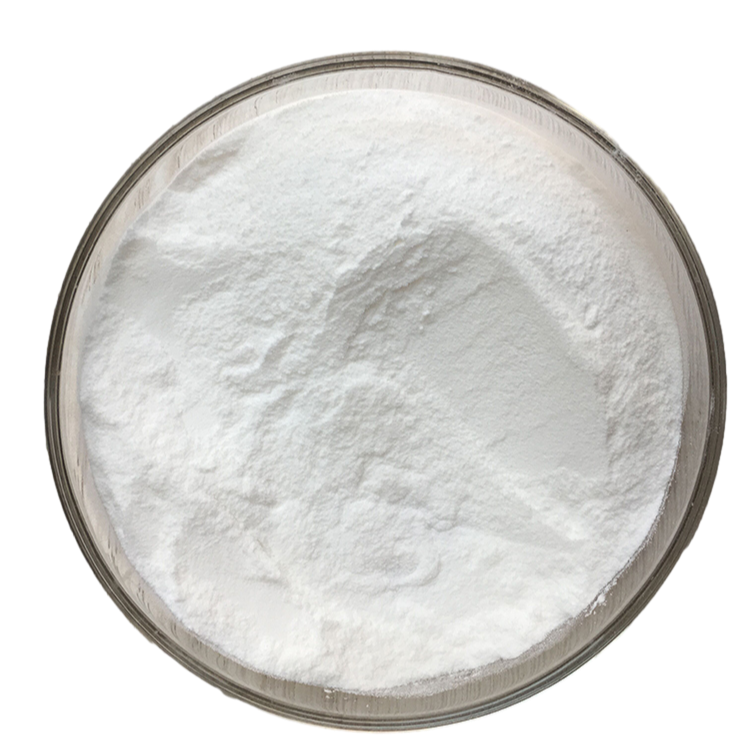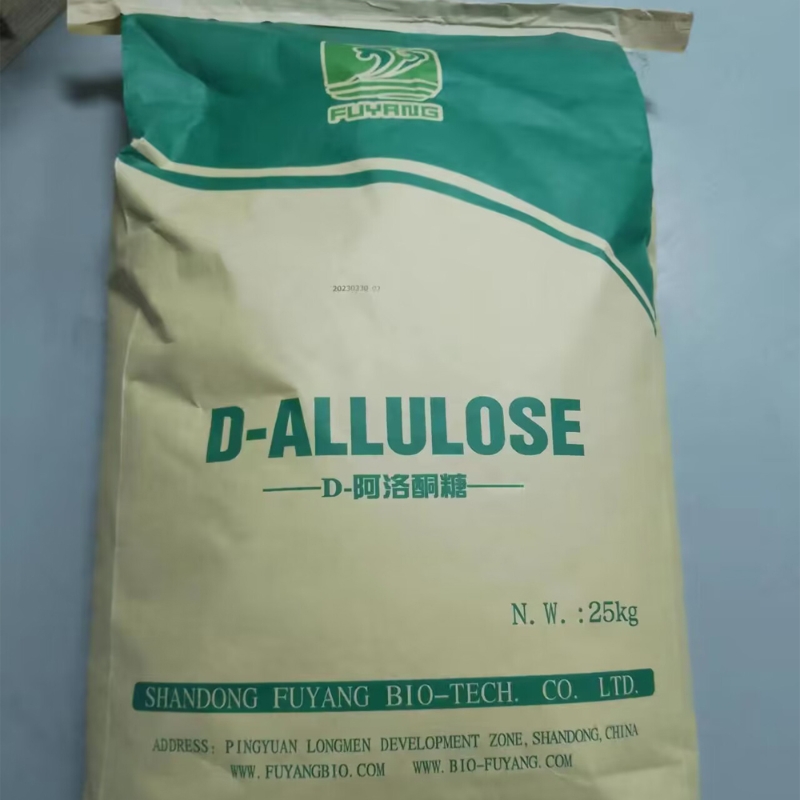-
Categories
-
Pharmaceutical Intermediates
-
Active Pharmaceutical Ingredients
-
Food Additives
- Industrial Coatings
- Agrochemicals
- Dyes and Pigments
- Surfactant
- Flavors and Fragrances
- Chemical Reagents
- Catalyst and Auxiliary
- Natural Products
- Inorganic Chemistry
-
Organic Chemistry
-
Biochemical Engineering
- Analytical Chemistry
- Cosmetic Ingredient
-
Pharmaceutical Intermediates
Promotion
ECHEMI Mall
Wholesale
Weekly Price
Exhibition
News
-
Trade Service
net Chinese Net report: Recently published in "Frontiers in the Sustainable Food Systems "of the study by researchers at Neiker Basque from Spain Agricultural Research and Development Institute of the investigation of the use of agricultural by-product of rapeseed cake and beer, sugar cane bagasse and fresh cow dung as two organic biological inactivation treatment method .
Maite Gandariasbeitia, the lead author of the research paper, explained: “Rapeseed cake and beer bagasse are two potential organic treatment methods, and previous studies have shown very positive results.
Their high nitrogen content promotes beneficial soil microbial activity, which helps break down manure and other organic matter and kill nematodes and other damage to the crop of parasites .
"
Gandariasbeitia also emphasized the negative impact of nematodes on crop yields: " Root knot nematodes are a common soil parasite, which penetrates the root tissue of plants to lay eggs.
This activity will form moth-eaten or similar knots on the roots.
Swelling.
This damage has a negative impact on root development, meaning that crops cannot effectively absorb nutrients, slowing plant growth and ultimately reducing farmers’ yields.
"
This activity will form moth-eaten or similar knots on the roots.
Swelling.
This damage has a negative impact on root development, meaning that crops cannot effectively absorb nutrients, slowing plant growth and ultimately reducing farmers’ yields.
"
Researchers found that this organic treatment method combining fresh cow dung with beer bagasse and rapeseed cake can disinfect the soil and reduce the number of nematodes.
After the first crop treatment, the damage to the plant roots was significantly reduced.
After the first crop treatment, the damage to the plant roots was significantly reduced.
One year later, compared with the control plot, the yield of the plot also increased by about 15%.
In addition, organic matter treatment increases the number of beneficial microorganisms in the soil and significantly increases the soil respiration rate.
In addition, organic matter treatment increases the number of beneficial microorganisms in the soil and significantly increases the soil respiration rate.
This study shows that these agricultural by-products are effective treatments for root-knot nematodes and other soil parasites, help achieve higher crop yields, promote sustainable food systems, and reduce agricultural waste.
Gandariasbeitia emphasized that this requires further research to explore other potential organic treatments that can be used in similar ways-"There are still many questions that need to be answered so that we can better understand what happens in the soil during and after treatment.
This can help us really clarify what characteristics we should look for in other potential organic treatment methods to effectively deal with soil parasite populations.
"
Gandariasbeitia emphasized that this requires further research to explore other potential organic treatments that can be used in similar ways-"There are still many questions that need to be answered so that we can better understand what happens in the soil during and after treatment.
This can help us really clarify what characteristics we should look for in other potential organic treatment methods to effectively deal with soil parasite populations.
"






